We spoke to Josh, Growth & Partnerships Manager about what Karma Kitchen are all about and how they have been supporting the businesses they work with through the pandemic.
Karma Kitchen was founded over two years ago in Hackney. The founders Gini and Eccie, were running a corporate catering business Karma Cans, making fresh healthy salads for offices around London but couldn’t find a space big enough for orders. They built two kitchens for Karma Cans and then they found that people were wanting to rent their space. The focus of the kitchens was on small batch production in small flexible kitchen spaces for meal prep which was then pivoted into the realm of delivery kitchens when Covid-19 hit.
The Karma Kitchens ethos is synonymous with Karma Cans; getting together to eat together – sitting around the table, sharing ideas. They had already built a community of small brands but the demand for space to facilitate the changes that businesses had to put in place during the pandemic.
They work with lots of small businesses but also big national partners – every person in the Karma Kitchen community benefits from being a member, whether this is through the look & feel of the spaces themselves, building community with the businesses within the spaces or their partnerships, you can liken Karma Kitchen to a creative co-working space where everyone plays a role in the working environment and where everyone belongs.
Within the kitchens there is a real community feeling, newcomers got advice from others and there is a lot of collective knowledge within the space. Businesses liked being able to talk to other traders, big brands enjoy being in the kitchen with smaller independents and in fact, they found that they could learn a lot from them; If you are small and flexible you can adapt more easily. This was great to see as it put the power back into small independents.
As the demand from consumers for delivery rose so did their inbound enquiries. These ranged from people coming into the industry, chefs setting up DIY kit meals, market and event traders pivoting to delivery and big businesses needing to expand their space in order to meet their increased delivery orders. As the community grew, the trends were clear to see. One trend they saw was DIY kits and a lot of restaurants who pivoted to meal kits are keeping this element of their business going. Tom’s Pasta, for example, set up an Instagram page and focused his efforts on lasagne and parmos; the determination and innovation of their community was inspiring and proved that there was a way forward in spite of the hammering the hospitality industry was getting lockdown after lockdown.
There were challenges in meeting the demand at first; making sure that everyone in the space was Covid-19 safe included social distancing, working on reducing the number of people in the kitchen so that they could continue operating an essential service supplying food to the community. Additional challenges came in the form of the commercial impact on the Karma Cans and Karma Kitchen business. They lost a lot of corporate caterers and businesses who used the space for meal prep – a bleak illustration of this was the founders corporate catering brand, turnover went from £50k a month to £0 overnight.
Now, over a year later Karma Kitchen is focused on growth, reviewing, streamlining processes and building the foundations for the 3 new spaces they are launching. When we asked Josh where he felt the businesses was headed when it comes to independent businesses, he said that
“The sector is growing, and they will always make space for independent traders. It’s a good place to trial ideas and sometimes they lose a tenant because they are going for a bigger space which can be difficult when they’ve watched them develop and grow but they are an important step on a business’s journey. They’ll leave Karma Kitchen and recommend them to others. Sometimes ideas don’t work out and that’s always difficult to see but businesses need to give it a couple of months at least and plan for 3 months testing time at least when you’re starting up.”
Cloud, co-working, community kitchens have come to be an important part of the business journey through the pandemic and even after the dust has settled, food businesses need places to prep. A central production unit is a clear-cut route to compliance and supports the professionalisation of the street food sector. Josh sees street food as a sound business model which is good for the communities they operate in and it’s really encouraging to see councils and market operators pay more attention to this. We asked what his advice would be for people starting out in the sector now:
- Start small and scale; some of the most successful brands start small.
- Factor in a testing period; it can take 3-6 months to get the traction you want.
- Build a strong community – loyal customers, neighbours, other people in the industry etc. and remember when you are trading, you’re working alongside your next to other traders who can give advice.
- Be persistent.
Josh and Karma Kitchen alike are excited about where the industry is going:
“We need the hospitality industry back, people going out to eat & drink, people interacting again, events coming back– delivery doesn’t need to underpin the industry anymore.”
More information about Karma Kitchen can be found here: www.karmakitchen.co if you’re looking for a space for prep, delivery, small batch cooking and want to be part of their food community, they’re definitely worth a visit.
We think you'll also be interested in...
Commercial Kitchen Spaces to Rent
In the mobile catering game but need access to a fixed commercial kitchen to prepare your food? Take a look at our featured kitchens, get in touch with them and start cooking!
Explore commercial kitchen spacesStarting up a food / drink business in tough times
Everyone needs to eat. Even in the midst of a pandemic or recession, food brings comfort, provides people with a way to treat themselves or those around them and gives them joy.
Read more



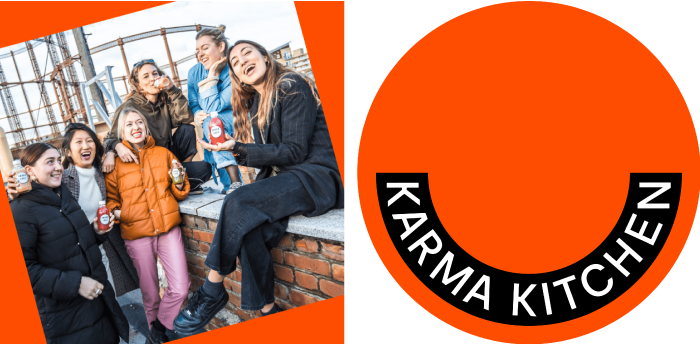
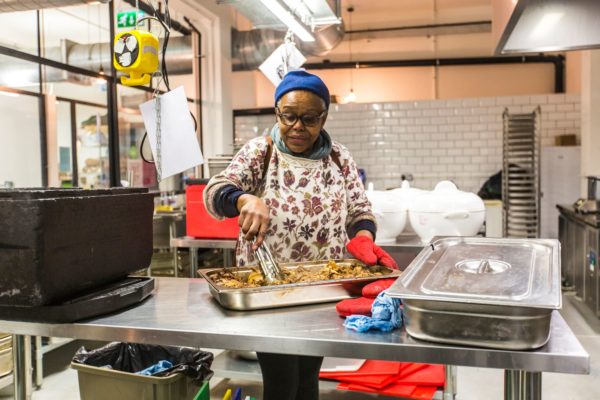
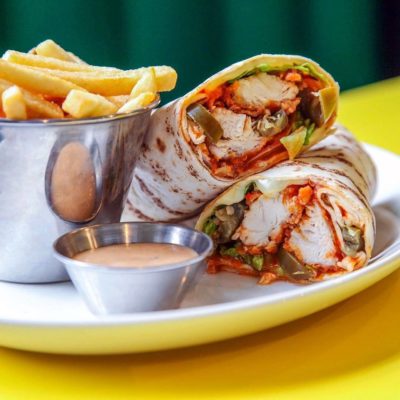
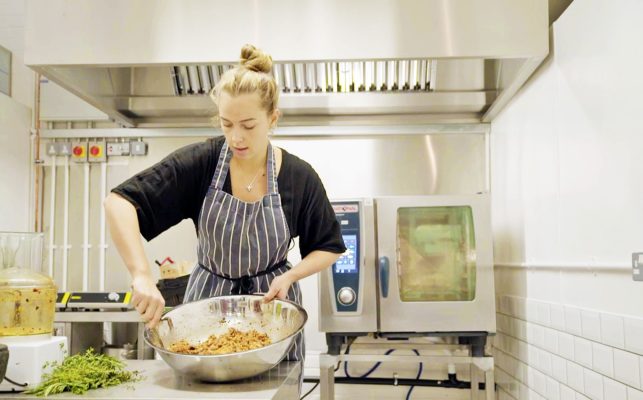
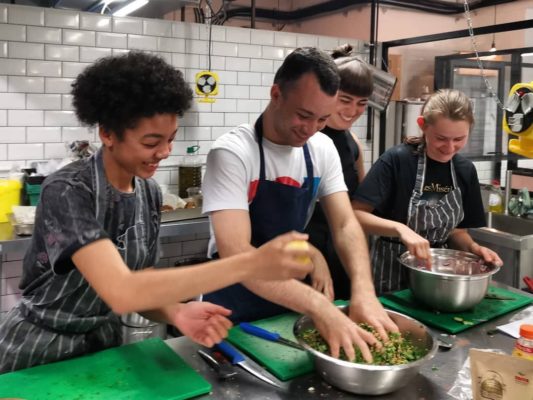


 Featured Training
Featured Training
OUR MEMBERSHIP
We're here to help make your catering business a success. Whether that be starting up or getting on top of your compliance and marketing. We're here to help you succeed.
Want our latest content?
Subscribe to our mailing list and get weekly insights, resources and articles for free
Get the emails